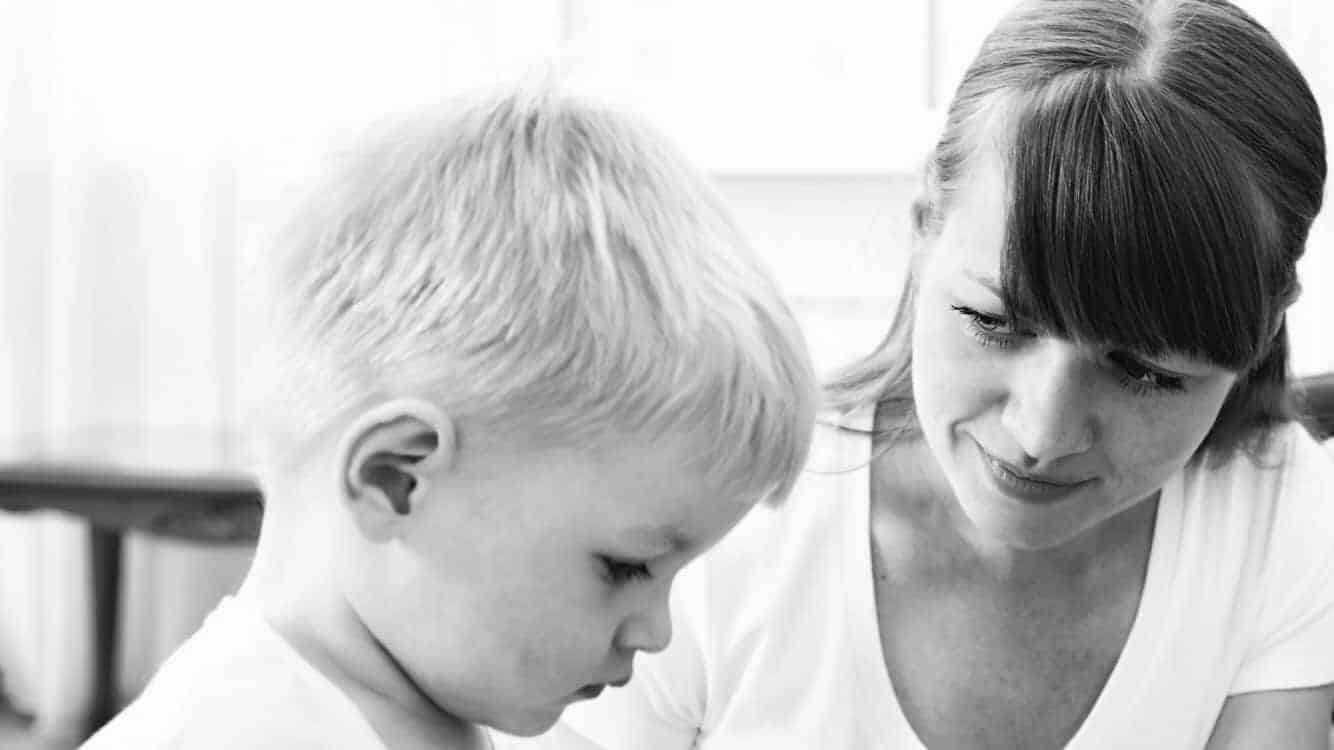Do you struggle to get your kids to talk? Do you feel a bit of frustration – even hopelessness – when trying to connect with them? Well, read on my friend!
Some kids are all too happy to jibber-jabber about anything and everything. Some kids don’t like to talk too much; instead preferring to keep to themselves. Children have different personalities, after all, which is something to behold – especially when you’re relishing in how your little one is “just like me.”
However, we need to know what’s going on in our kids’ lives. We want to know that they’re doing and feeling okay, and have the necessary information to help them if things are not.
Here are some tips that a child therapist gives to get your kids to open up:
Hold your tongue
Some parents fall into the wrong habit of lecturing when they need to listen. Make no mistake; sometimes we need to give our kids a good talking-to.
But if we’re always rushing in to give our two cents, they aren’t going to feel as if they are “part” of the conversation. They’ll shut down, in part, because it’s what they think you want them to do.
Silence is more uncomfortable for adults than it is for kids. Keep this in mind the next time you ask them a question only to blurt out the answer five seconds later. Approach the conversation with patience, as painful as that may be.
Forgo the advice
Here again, kids sometimes need a good dose of advice, like when they act up or get into trouble. But, many times, a child just wants an attentive ear – something that, as a parent, you should be eager to give.
Understanding that your advice is only useful when it is wanted is a good first step. Also, don’t feel slighted or unappreciated if your kid doesn’t “want to hear it.”
Sit with them with their feelings. Sympathize with how the situation must have made him or her feel. You may find that they’re much more willing to involve you in the conversation as a result.
Connect with them every day
Make sure that you make time to connect with each of your kids every single day, even if just for a short amount of time. Relatedly, child therapists recommend spending time alone with each kid individually, as they feel safer and more willing to open up.
Connecting with your kids may be made easier by making it a habit. It’s also easier to start connecting with your kids while they’re young. For example, maybe you make it a habit of snuggling with your young daughter after school, or sharing a cup of tea with your teenager during the evening. All of these are perfect times for gaining insight into what’s going on in their world.
Set a “date night”
Let’s not kid ourselves: staying home can be extremely boring for kids. And when kids are bored, they’re much less likely to want to discuss anything voluntarily.
But if you make it a habit to, say, take them out to dinner or the mall once a week – even if it’s just to walk and talk – you build on the relationship. When your kid is having a bit of fun, they’ll often open up naturally.
Cultivate an understanding
Do you invite a positive response from your kids most of the time? If not, you may want to consider a few things. First, kids have a lot going on in their young minds: tests, extracurriculars, social life, study time, and so on. Teenage years are often the hardest, as you also have to contend with a new arrival onto the scene: hormones.
You have every right to a relationship with your child. You provide and care for them, and it’s important for children to understand and respect this. But, you’re more likely to find an avenue to communication if you approach them with a “friend like,” understanding demeanor.
Remain available
Here’s the thing: kids – for the most part – will talk when they’re darned good and ready. If you try to force conversation at an inopportune time, the child will become tight-fisted (or less than honest) about sharing anything!
While the younger ones may talk with little to no hesitancy (and with little “prompting”), older kids propensity to talk (or not) depends on your overall relationship. If you share a close relationship, you needn’t worry. If there’s some friction – which happens to with every parent and child relationship – take some time to mend things.
But always remain available and never waste an opportunity to interact – especially when it’s just you and them. Remember: they need you as much as you need them.
https://youtu.be/Q_U6VY7lNbI















